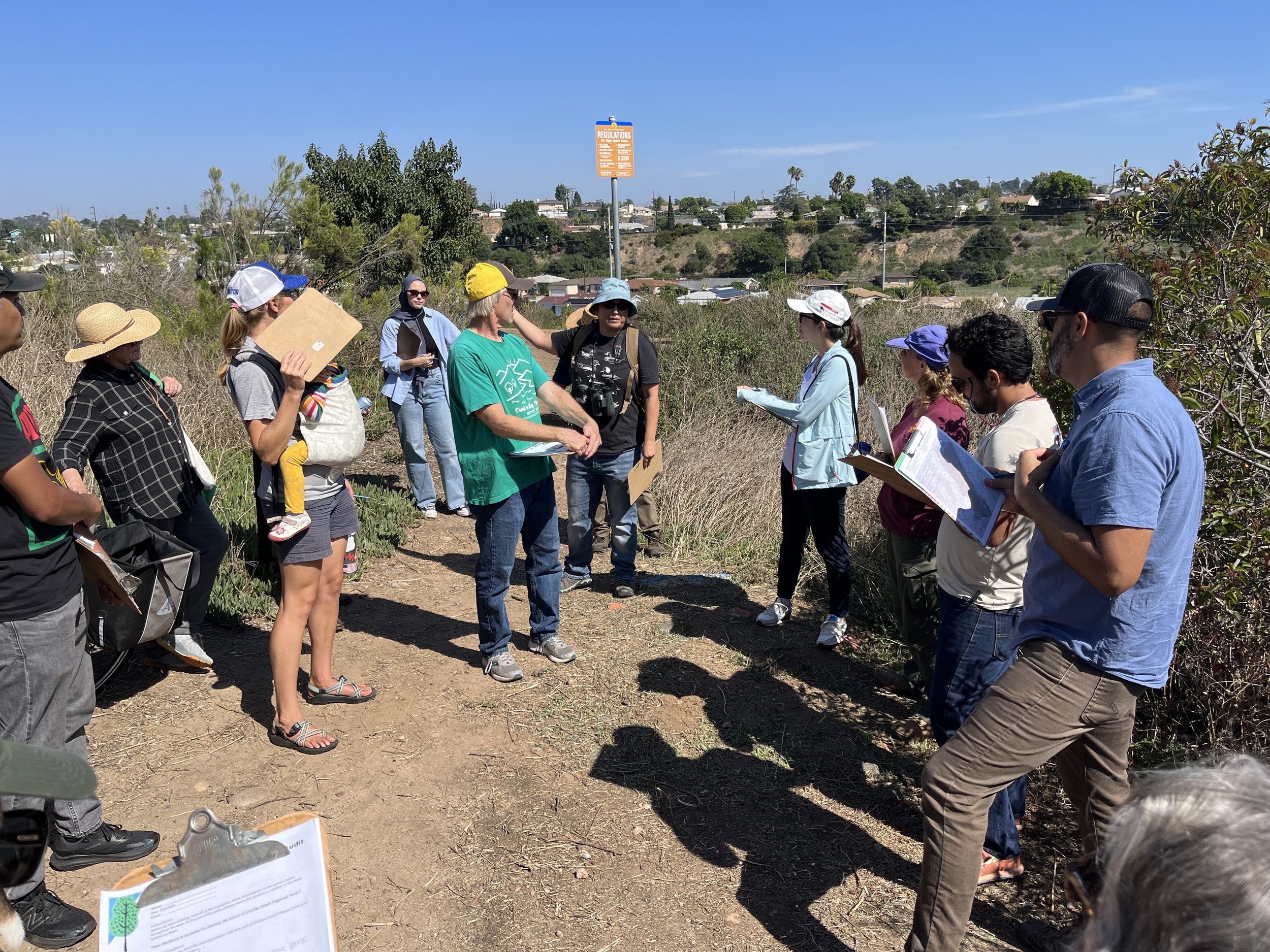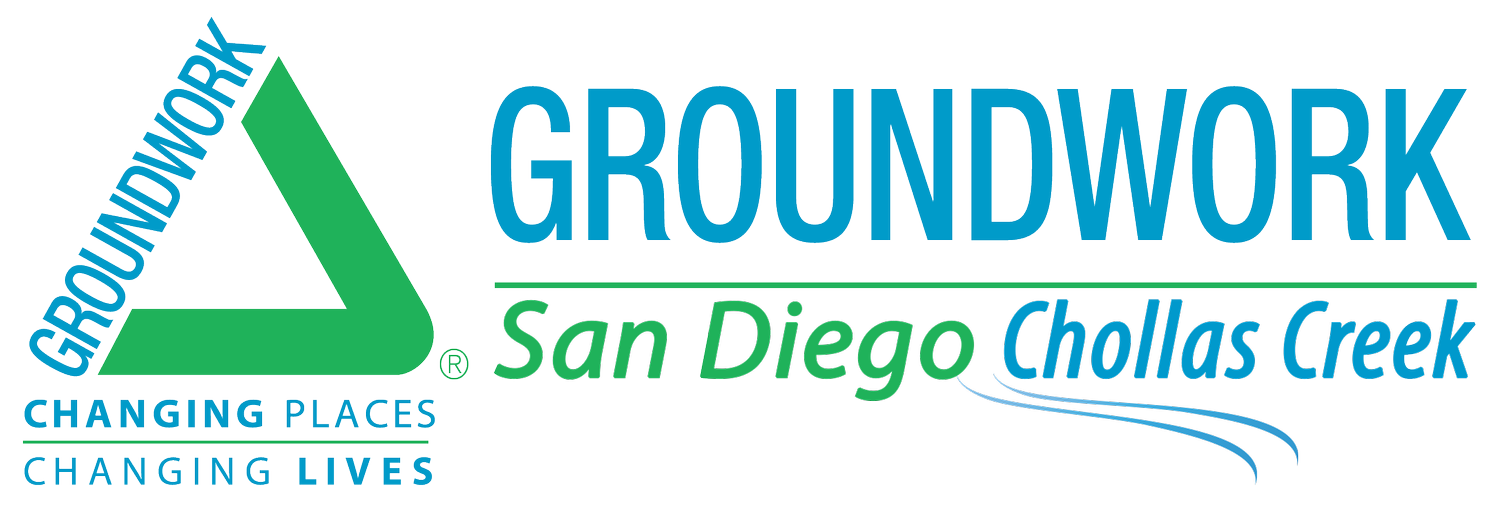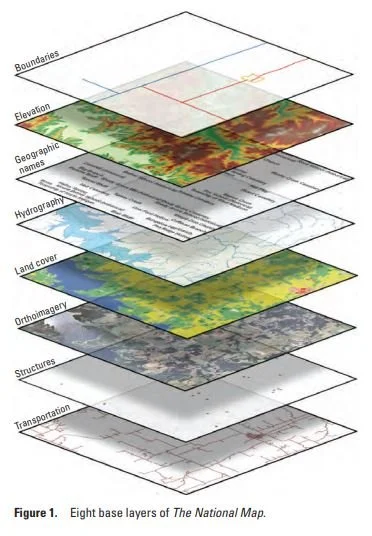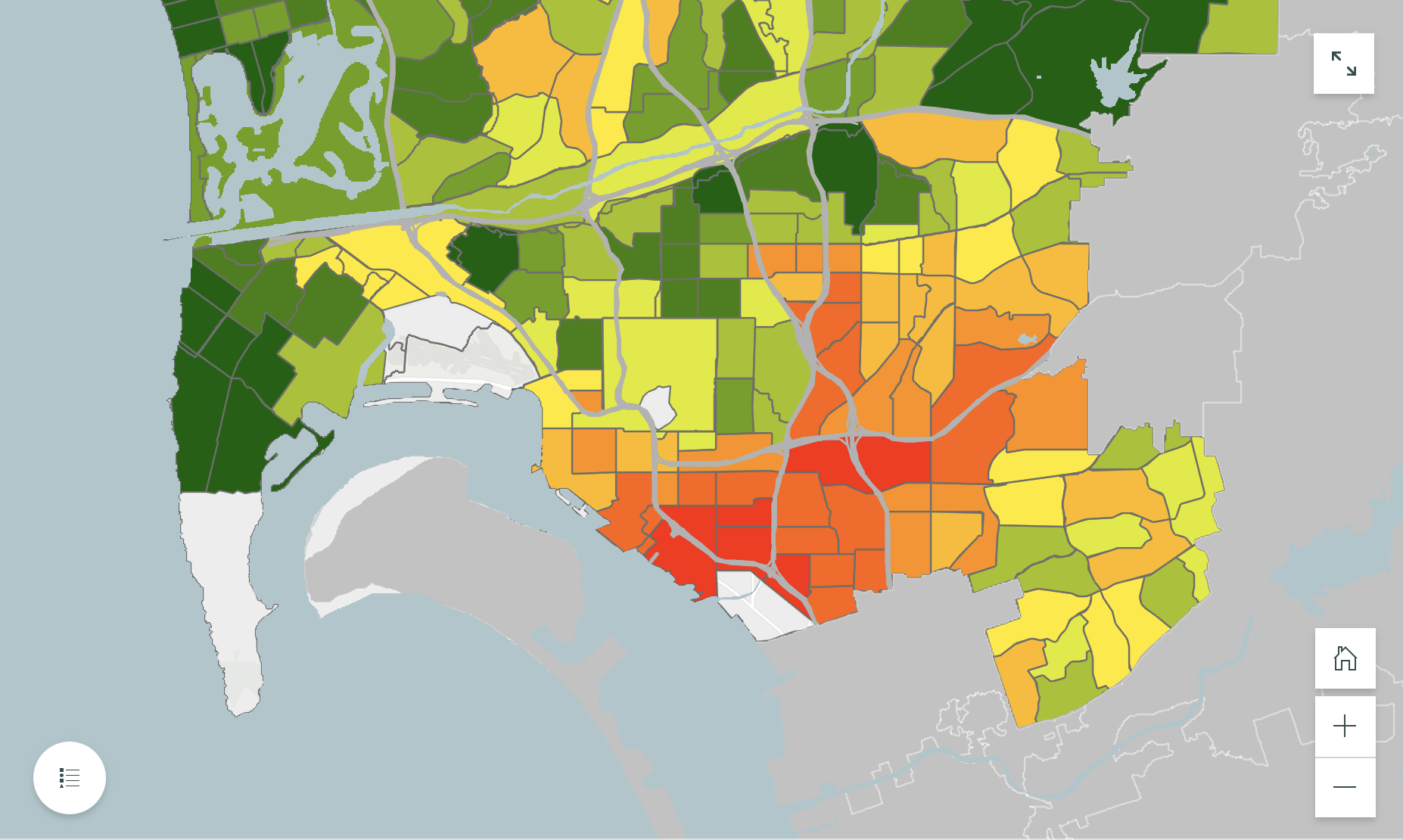
Community Climate Science
Our Community Climate Science Initiative is putting Community Voice at the forefront of the climate safe neighborhood decision-making.
Empowered residents are taking an active role in defining the challenges and advocating for the necessary investments in the watershed to ensure their neighborhoods are climate-ready, adaptive, and resilient.
Community participants along with Resident Leader Fellows will:
- Identify the community climate research questions based on their lived experiences.
- Collaborate with university and industry experts to co-design a data collection process.
- Participate in collecting the data.
- Co-analyze the results with research partners and experts.
- Co-create solutions for the problems identified in the community.
Community priorities inform new research
Dialogue & Deliberation
Dialogue and deliberation are methods for surfacing or refining community priorities and supporting decision making around societal challenges that lie at the intersection of science, technology, and human well-being.
Civic Engagement and Policy Making
Community science can be an approach for civic engagement and collective decision making that builds communities’ capacity to conduct and shape the research that informs and influences governance and policymaking.
Participatory Research
Through participatory community science, communities shape the research questions, data collection and and analyses methods, and dissemination of research results to advance understanding on a particular topic of importance for the community.
Community-driven Citizen Science
Community-driven citizen science projects address community interests and questions using data collected by and research approaches co-developed by non-professional scientists.
Community data informs new discussions
Collaborating Partnerships
So Cal Heat Hub is a diverse research team based out of Scripps Institution of Oceanography at UCSD. Our UCSD-EarthLab Community Station partner is facilitating this unique collaboration with Groundwork.
The So Cal Heat Hub is a dynamic team focused on growing a community-academic research partnership to reach practical climate adaptation solutions.
Groundwork is linking the Community Climate Science families to this dynamic set of scientists for a rich collaboration on climate change questions and solutions for the Chollas Creek Watershed.
Our partner, The San Diego Botanic Garden brought Project BudBurst to our Chollas Creek Watershed community. The students and families are adding observations from our watershed to this expansive database to help answer important questions around the effects of climate change on plants and animals.
Our partner, the San Diego Natural History Museum has engaged our students and families in data gathering activities to further understand the creatures in the watershed. Butterflies and lizard observations were the most recent focus.
Groundwork continues to seek out additional partnerships to further the conversation on climate change and impacts to our communities.
Telling the Lived
Experience Through Story Maps
Community Climate Science families will gather On-The-Ground community data for new ArcGIS mapping layers so the Human Experience is captured in a real-time, precise way. Layering in community level climate and health details into the maps will identify the most impactful locations for infrastructure investments.
Presently, ArcGIS maps show satellite level details enhanced by national census information on pollution or health information. That high level look only points to the starting places of where climate and health issues reside.
SEE ENHANCED SATILLITE MAPS: Climate and health enhanced City of San Diego ArcGIS Story Maps. The starting place to add the Community's Lived Experience.
MAPPING THE
CLIMATE CONCERNS
The Institute for Public Strategies is collaborating with Groundwork and the Community Climate Science families to create easy was to collect community data and then translate the data into the ArcGIS mapping database.
ArcGIS mapping layers are very specific data on a single topic (i.e. health issues, flood locations, street surface heat, tree locations, etc). As the different layers are overlaid, a detailed picture comes into view on an issue.
This partnership will create the detailed picture of the community climate issue.
Examples of Community Concerns
Chollas Creek Water Quality
Stormwater Management and Flooding
Hot, Impermeable Pavement
Heat Island Affect
Urban Tree Canopy Coverage
Access to Nature Spaces and Active Transportation
Air Quality and Pollution Reduction
Open Space Biodiversity
Food Equity and Availability
Noise Pollution Reduction
Latest Community
Climate Science Activities
April 13th
Earthlab Climate Action Park
110 Carolina Lane, San Diego
Chollas Creek Watershed Students and Families
Community Climate Science Day
We welcome at this community climate science kick-off the families who will be discussing, collecting data and advocating for Climate Safe Neighborhoods over the next few months.
For more information, call or email:










